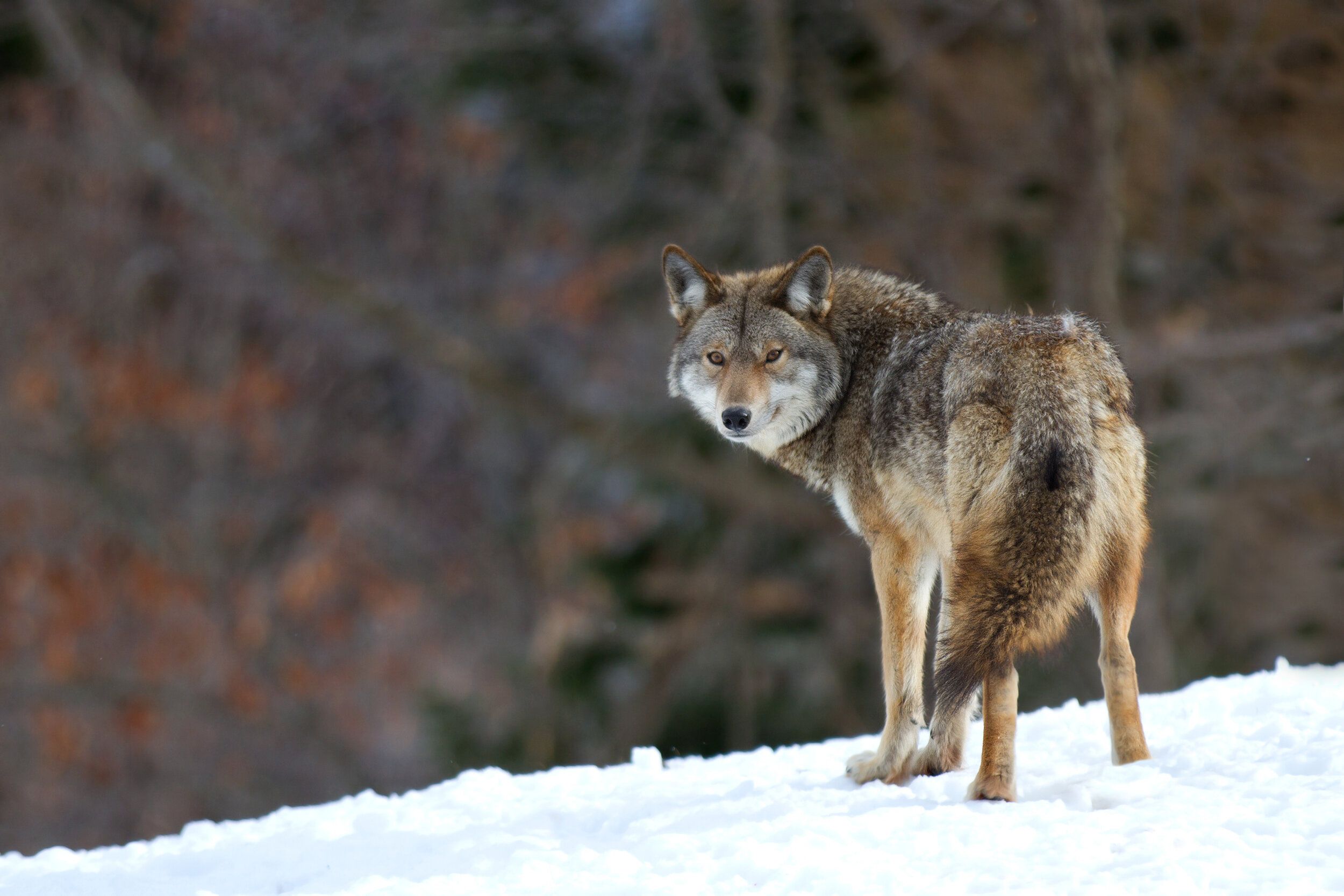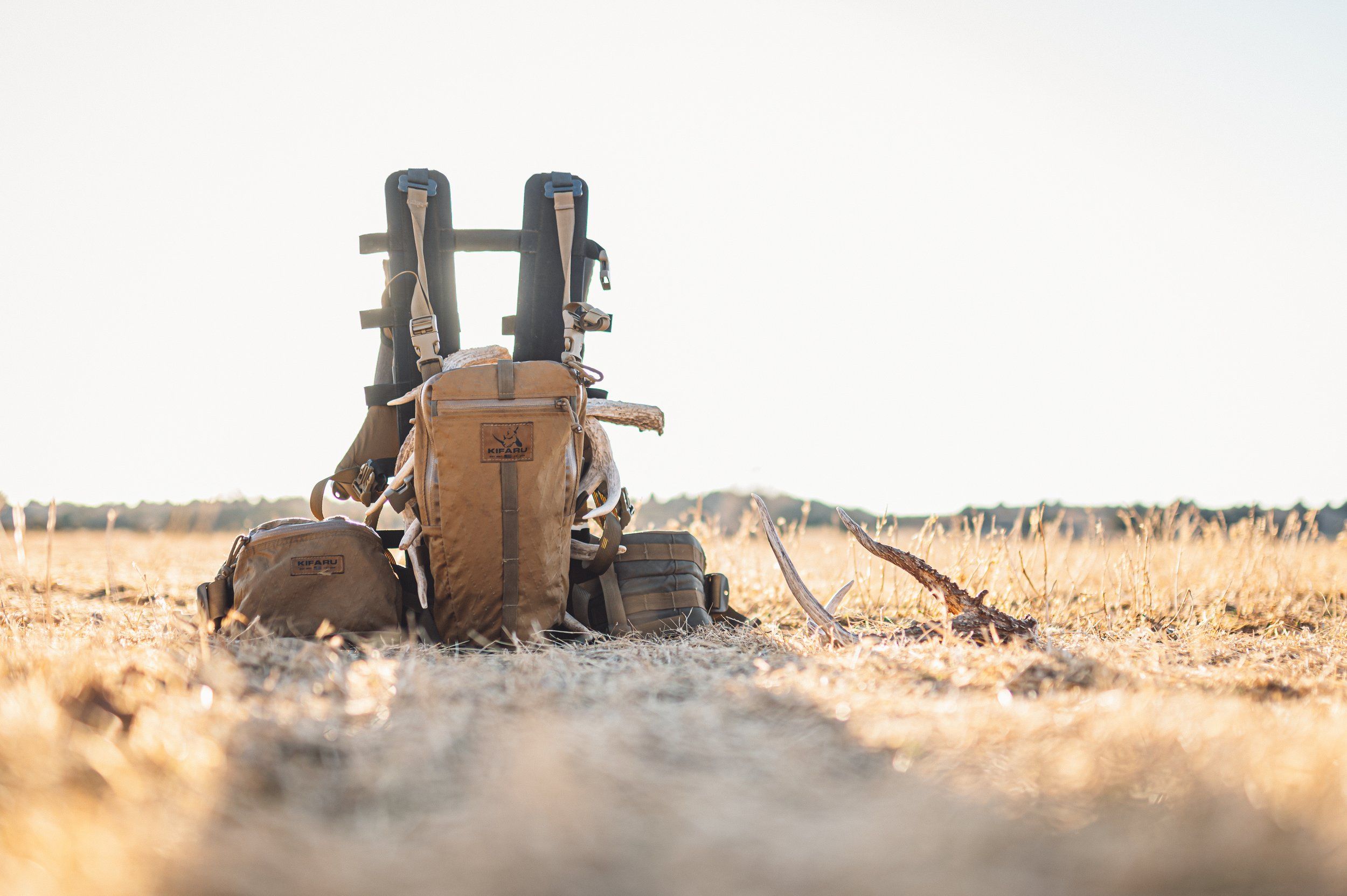Field Guide / Bear
How to Find and Harvest Big Bucks on Public Land
Every year we see pictures of giant whitetail bucks taken on public land. How can this be? Where are they? If you are restricted to hunting public land for whitetail, many variables are out of your control. But, there are many strategies and tricks to get you on the trail of public land giants. Anthony Amalfitano has shot more mature whitetail bucks on public land than anyone I know. So, I asked Anthony what is his secret is to harvest big bucks year after year.
Previous in Bear
More Content Like This
The HuntWise Shed Hunting Guide
Nature will never cease to amaze, and the lifecycle of an animal's antler is one of nature's miracles. Read More
Read More
The Guide to California Hunting Seasons 2024
If you’re anxious to get out and hunt deer this season, California is the place to be – the state offers one of the earliest deer seasons of any state. However, if deer isn’t your preference, you’ll find plenty of other wild game to hunt throughout t...Read More
Read More
5 Reasons Why Deer Hunters Should Hunt Coyotes
Have you considered how to spend the whitetail off-season? For deer hunters, coyote hunting challenges their hunting ability, promotes hunting practice in the off-season, and protects vulnerable wildlife. Read More
Read More Bear
BearThe HuntWise Shed Hunting Guide
Nature will never cease to amaze, and the lifecycle of an animal's antler is one of nature's miracles. Read More
Read More Bear
BearThe Guide to California Hunting Seasons 2024
If you’re anxious to get out and hunt deer this season, California is the place to be – the state offers one of the earliest deer seasons of any state. However, if deer isn’t your preference, you’ll find plenty of other wild game to hunt throughout t...Read More
Read More Bear
Bear5 Reasons Why Deer Hunters Should Hunt Coyotes
Have you considered how to spend the whitetail off-season? For deer hunters, coyote hunting challenges their hunting ability, promotes hunting practice in the off-season, and protects vulnerable wildlife. Read More
Read More
1 of 3
